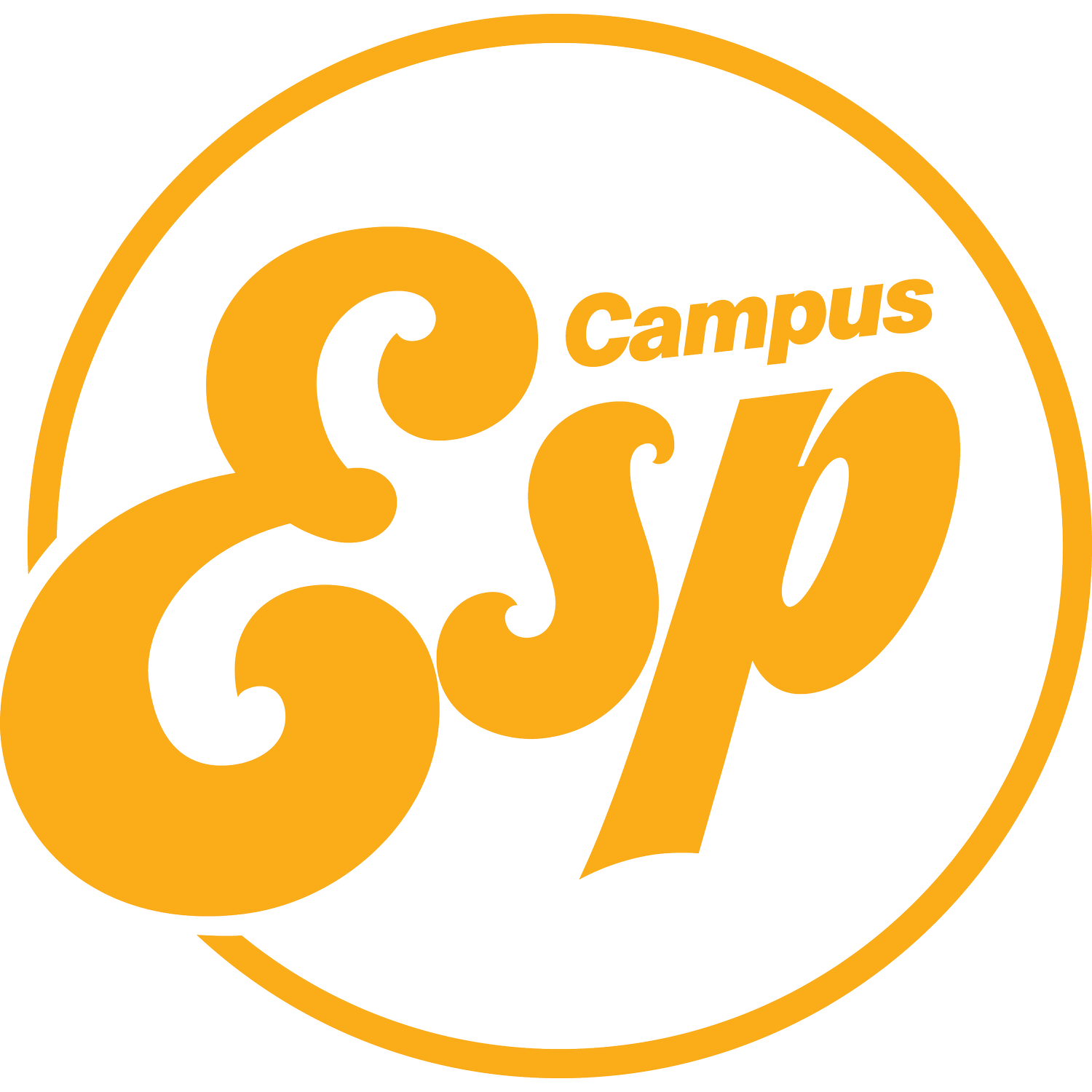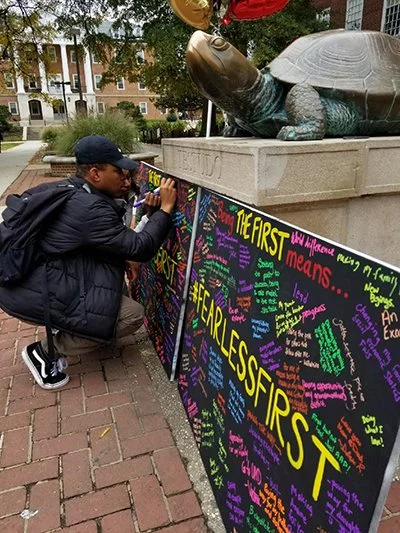The number of first-gen students is increasing. Here’s how you can support them and their families
Parents of first-generation college students have some of the highest levels of engagement. Yet, first-generation college students tend to have lower levels of retention compared to continuing-generation students.
For many first-generation college students to graduate, support from families is integral. But in order for those families to make the most impact on student success, they need to be properly informed from the student’s college or university. Schools like University of Montana and University of Maryland are taking initiative to fill the void. Why?
1) More first-gen students are applying to college
More first-generation college students want to go to college. Recent data released from Common App showed that “underrepresented minority applicants increased by 32% over 2019–20, while first-generation applicants increased by 43%, more than twice the rate of continuing-generation applicants over the same period.”
2) First-generation families have very high levels of engagement
First-generation families have some of the highest levels of engagement with colleges and universities. CampusESP analyzed engagement data from over 260 of our campus partners. The average open rate for all parent users is 54%. That’s high as it is, which supports the fact that more parents than ever are engaging with colleges since the start of the pandemic. But the data for families of first-generation college students is even more astounding. The average open rate for first-generation families is 69% — 15% higher than the overall average.
3) First-generation families are more likely to prefer text messaging
CampusESP recently partnered with Ruffalo Noel Levitz (RNL) to survey 6,400 families of prospective students. One of the findings from the survey was that while 36% of families consider text messaging a top communication channel, the desire for text is even higher for first-generation families at 50%. While email is still considered a top preferred communication channel for families, investing in an SMS option could be critical to reach key demographics such as first-gen families.
University of Montana leads first-gen family focus groups
The University of Montana expanded their usage of CampusESP to include a portal for current families after hearing directly from first-gen families that they needed a dedicated place to access campus information.
University of Montana (UM) has a large first-generation population — 40%. To better serve this large group of students and families, Brian Reed, Associate Vice Provost for Student Success at UM, led focus groups specifically with first-gen families and indigenous families. The number one thing that kept coming up? Families of first-gen students wanted to be involved, but didn’t know how.
“They didn’t know where to look for information. They had no idea what dates or deadlines to remind their students about,” said Devin Carpenter, Director of New Student Success at UM. “Our decision to launch CampusESP for Family Communication was directly related to those focus groups and the main reason that we expanded our family engagement strategy.”
CampusESP handles 90% of content curation for schools like UM. Content curated by CampusESP helps inform first-gen families about important topics, such as navigating the college transition and supporting students’ mental health. UM has also brought in partners from offices such as American Indian Student Services and Experiential Learning and Career Success, so that they can further equip families with knowledge to better support their students throughout the year. Their goal is always to “deliver content with their most vulnerable populations in mind.”
“We want to create solutions, programs, and services that we know will meet the gaps and needs that first-gen students and their families have. If we do that well, all students will benefit,” said Reed.
University of Maryland fills the information gap for first-generation families
University of Maryland’s First-Gen Terps programs provides additional resources and programming for first generation students and their families.
As an institution, University of Maryland (UMD) has recently pushed more towards creating a culture of celebration around being a first-generation college student. Part of that is equipping first-gen students and their families with the information and tools to guide them and feel empowered in their college journey.
Brian Watkins, Director of Parent and Family Affairs at University of Maryland, uncovered an important truth about many first-generation families: “they don’t know what they don’t know.”
“Navigating the landscape can be challenging because it is new. The family is giving a lot of emotional support to the student, but there’s also a lot that they don’t know,” said Watkins. “There’s an information void, and it’s important for us to figure out how we can fill that.”
University of Maryland has already taken meaningful steps to fill the information gap to better support first-gen students and their families. They have a dedicated webpage for First-Gen Terps that shares useful tools such as links to campus resources to help navigate the college experience and a glossary of terms to educate parents on lingo they might be unfamiliar with. Additionally, UMD’s CampusESP family portal, also known as The University of Maryland Terp Family eConnection, provides a space for all families to access helpful information throughout the year.
“There are certain topics that are fundamental to share with first-gen families, like how college is different from high school, how coursework and studying is different, and how grading works,” said Watkins.
Since many first-generation parents and families are often unable to visit campus for events like Orientation and Family Weekend, it’s important for UMD to incorporate alternative, accessible ways to welcome them into the campus community. Creating a sense of belonging, even from afar, can help build trust with the institution and enable those families for further engagement with UMD.
“Our responsibility is to be intentional about inviting folks in and create a sense of trust and belonging with the institution,” said Watkins.




